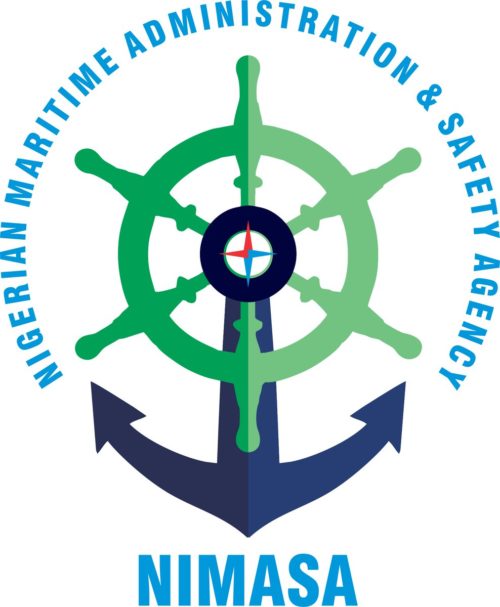On May 30, 2025, a concerning piracy incident unfolded in the Gulf of Guinea, specifically at coordinates 2°37’35”N, 6°46’47”E. This location lies approximately 75 nautical miles northwest of Santo Antonio Port in São Tomé and Príncipe and roughly 420 nautical miles southeast of Nigeria. The Nigerian Maritime Administration and Safety Agency (NIMASA) swiftly responded to the unfolding situation, receiving a distress alert through the Maritime Domain Awareness for Trade Gulf of Guinea (MDAT-GoG) system at approximately 1614 UTC. The distress call reported a suspected pirate attack targeting a commercial vessel in the specified area.
Upon receiving the alert, NIMASA initiated preliminary investigations to ascertain the details of the incident. These investigations confirmed that the targeted vessel was the MV ORAGE FROST, a general cargo ship identified by IMO Number 9797656 and sailing under the flag of Curaçao. The vessel’s recent voyage history indicated that it had just completed loading operations at the port of Douala, Cameroon, and was en route to Matadi in the Democratic Republic of Congo. The MV ORAGE FROST regularly operated between ports in several West African nations, including Cameroon, Togo, Ghana, and Benin, establishing a routine presence in the region’s maritime traffic.
This act of piracy underscores the persistent security challenges that continue to plague the Gulf of Guinea, a vital maritime route for international trade. The region’s vulnerability to piracy stems from various factors, including the vast expanse of ocean, porous borders, and the presence of organized criminal networks exploiting the lucrative opportunities presented by maritime crime. Despite efforts to curb piracy, the incident involving the MV ORAGE FROST highlights the persistent threat to commercial shipping and the safety of seafarers operating in these waters.
NIMASA, in its role as the primary maritime authority in Nigeria, immediately activated its response protocols, coordinating closely with the Nigerian Navy and other regional maritime security agencies. This coordinated response aims to ensure the safety and well-being of the MV ORAGE FROST’s crew, a paramount concern in any piracy incident. Furthermore, the collaborative efforts extend to supporting ongoing investigations into the attack, seeking to identify the perpetrators and bring them to justice. Gathering evidence, analyzing communication records, and conducting interviews are crucial steps in understanding the circumstances surrounding the incident and ultimately dismantling the criminal networks responsible for such attacks.
The Nigerian government, through NIMASA, has reaffirmed its commitment to strengthening regional maritime security cooperation as a cornerstone of its strategy to combat piracy and other maritime crimes. This commitment recognizes that effective solutions require a collective effort involving neighboring countries, international partners, and the shipping industry. By pooling resources, sharing intelligence, and coordinating operations, the aim is to create a more secure maritime environment that safeguards international trade and protects the lives of seafarers.
A key element of Nigeria’s maritime security strategy is the “Deep Blue Project,” an integrated maritime security initiative launched to bolster the nation’s capacity to combat piracy and other illicit activities in its territorial waters and the wider Gulf of Guinea. This project involves the deployment of advanced technology, including surveillance aircraft, patrol vessels, and specialized response teams, to enhance maritime domain awareness, deter criminal activity, and respond effectively to security threats. The incident involving the MV ORAGE FROST underscores the importance of continued investment in and strengthening of the Deep Blue Project and other regional initiatives to address the ongoing challenge of piracy in the Gulf of Guinea. The international community also plays a crucial role in supporting these efforts through information sharing, capacity building, and joint operations to ensure the long-term security and stability of this vital maritime region.


